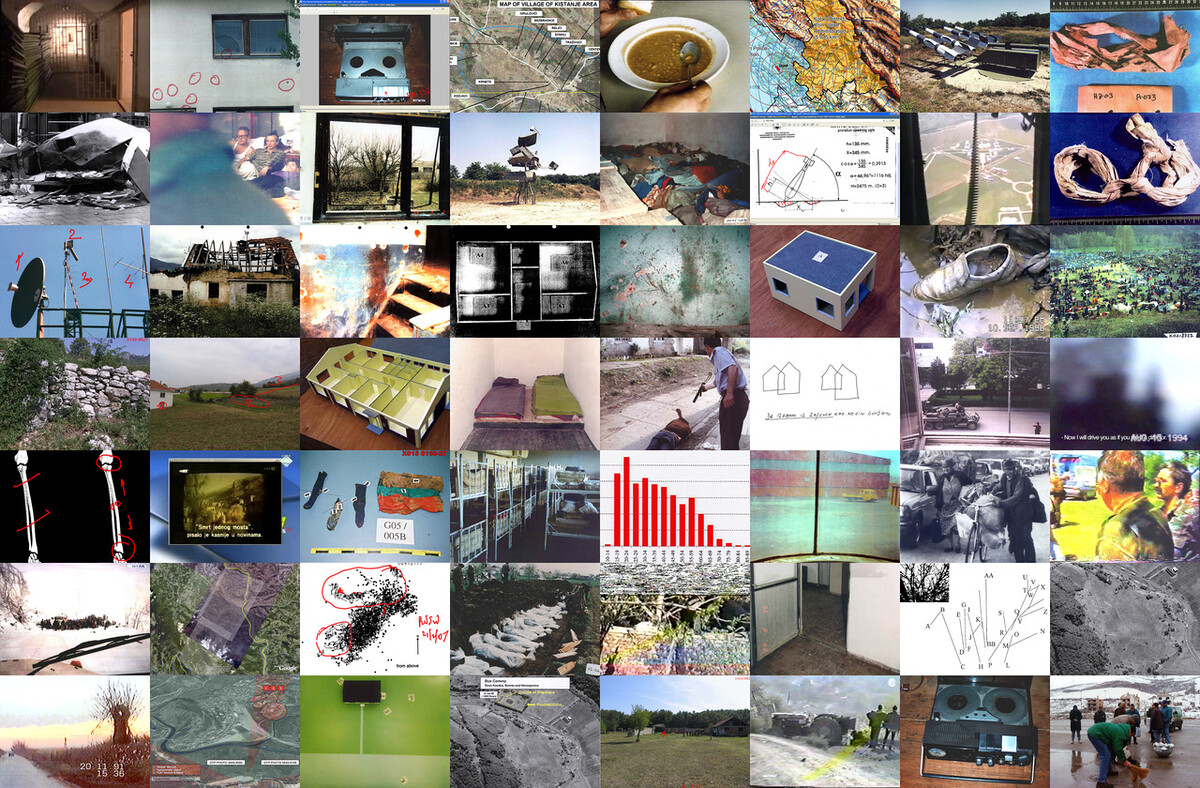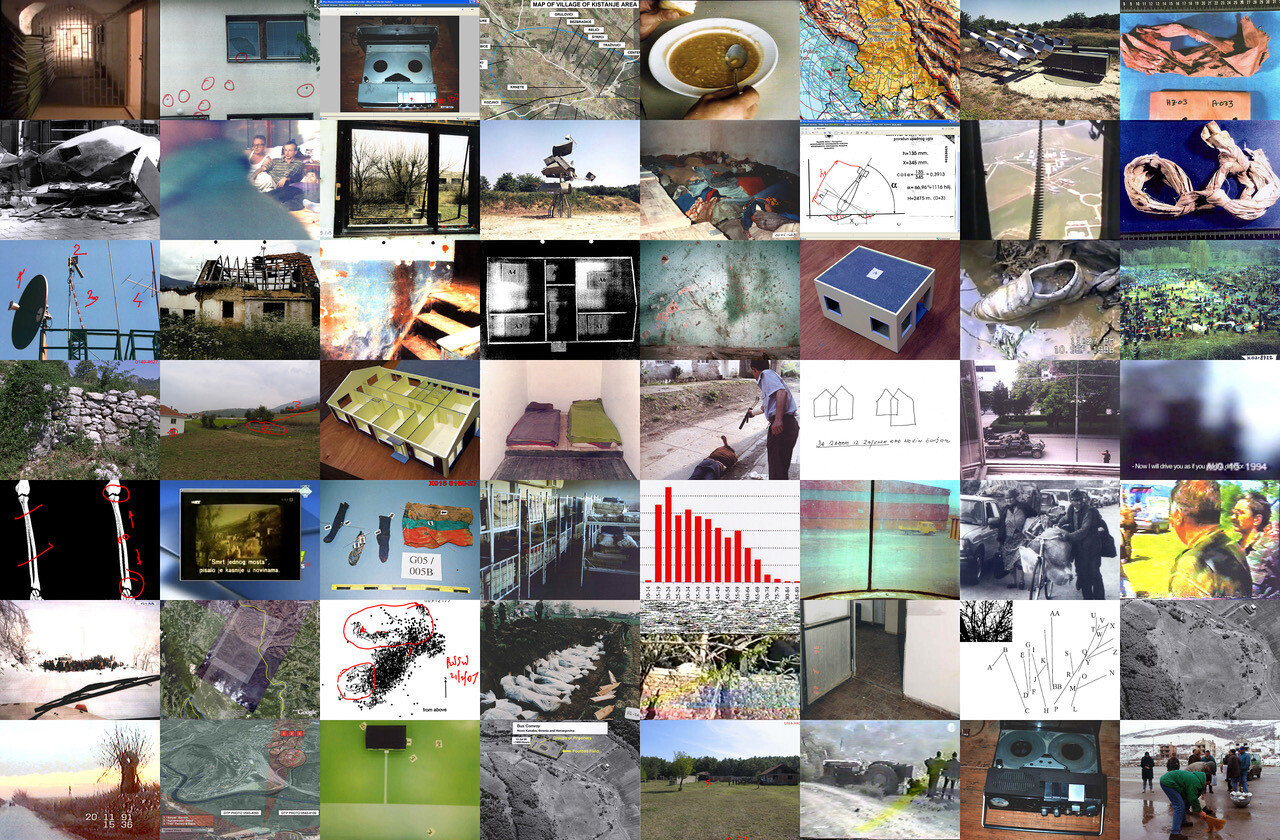November 29, 2017, 7pm
311 East Broadway
New York, NY 10002
USA
Navigation is today’s everyday practice. It informs our popular cultures, processes knowledge access, and constitutes contemporary political conditions. This lecture will offer, from the perspective of curatorial politics, a set of considerations regarding navigation, as well as the knowledge-concerned consequences of practicing contemporary image-regimes.
Which techno-ontologies emerge from navigation to project new visual-spatial regimes—with collective and collectivizing forces capable of re-distributing the modes of narrating race, gender, and history? The navigational landscape, as debated by philosopher Reza Negarestani and others, produces a spatiality in which the “situated knowledges” from the “privilege of partial perspective” (Donna Haraway) is copied and shared, password-protected, and concealed, yet tracked, geo-located, opened, memorized, and datafied as part of a webbed constellation. How can we operate a ramified spatiality through the image-question when, from a perspective of visual studies, navigation could be understood as a “concept-practice” (as Tom Holert suggests)? How can we think, link, and challenge a philosophical vocabulary for navigation alongside the call for visual literacy and the politics of image-making towards building future social imaginaries?
From the perspective of computational speed, the human capacity to read an image – across the many layers of time-zones, climates, addressees, countries, generations, and languages – is terribly slow. We humans will fail hilariously in the race to seek cognition. Yet, in the navigational landscape, slowness has many speeds. As a point of entry, this lecture will speculate about the ‘slow image’ as a tool for analyzing image-regimes emerging from navigational or ramified processes.
It will process thoughts from conversations with comrades and friends of the Harun Farocki Institut in Berlin as well as from the research trajectory of the Curatorial Politics seminar of the CCC Research Master at HEAD Genève 2016/17, and contributes to the slow research-project The Navigation Principle.
Doreen Mende is a curator, theorist, researcher, and writer. She is currently Associate Professor and Director of the CCC Research Master and PhD-Forum of the Visual Arts Department at HEAD in Geneva, Switzerland. She is a founding member of the Harun Farocki Institut in Berlin. Her research interests include (geo)spatial practices in image regimes, exhibition-making, curatorial politics, archival metabolisms, decolonizing socialism, and concept work. She holds a PhD in Curatorial/Knowledge from Goldsmiths, University of London. Mende’s recent publications include KP Brehmer: Real Capital Production Raven Row and Koenig Books, London; and “Entries Towards a Society of Ramification” in Proxy Politics Power and Subversion in a Networked Age, edited by RCPP, Archive Books, Berlin.
For more information, contact program@e-flux.com.

